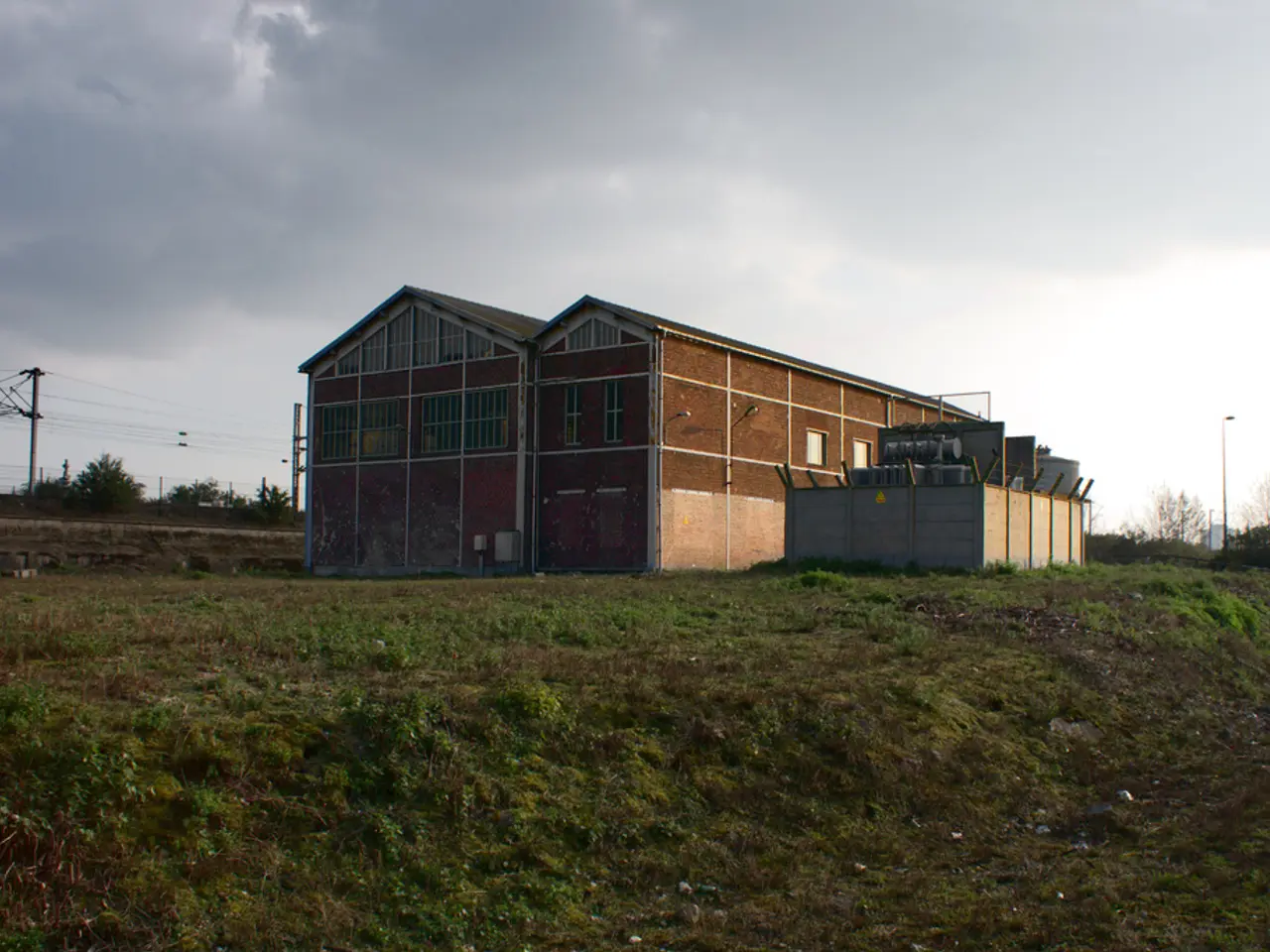Climate change may not pose as significant a threat as the perceived danger of Ed Miliband.
The United Kingdom's ambitious Net Zero strategy, aimed at achieving carbon-free energy, has been met with increasing debate as it presents several significant challenges in the areas of energy costs, industrial competitiveness, and energy reliability.
Ed Miliband, the UK energy secretary, is set to deliver a 'state of the climate' speech in the House of Commons, addressing the concerns surrounding the strategy. However, the public's perception is that the net zero transition will negatively impact their living expenses, with 69% expressing concern over rising costs[3].
One of the main issues is the increase in energy bills due to the expansion of the electricity grid to accommodate new renewable energy sources. Network charges now represent 22% of an energy bill, with rises in energy bills by over £100[1]. This contrasts with earlier political promises of bill reductions.
Critics argue that the government's approach to the Net Zero strategy is driven more by ideology than economic practicality, potentially harming the UK's industrial sector. The hesitation to expand nuclear power ambitions, such as adding more gigawatt-scale reactors, limits access to reliable and cost-effective clean power[1]. The costs and uncertainties of transitioning to low-carbon technologies may put UK industries at a disadvantage internationally.
Energy reliability concerns also loom large. The strategy's reliance on renewables and the reluctance to commit to more nuclear reactors cause worries over energy security and reliability. The decommissioning of existing nuclear materials and limited diversification in small modular reactor technologies add to these concerns[1]. While the Climate Change Committee (CCC) acknowledges some progress in renewable deployment, it also warns that many policies carry significant risks and that the UK might miss important interim targets without swift government action[2].
The UK's Net Zero strategy, while aiming for environmental sustainability, presents a delicate balance between climate goals, economic stability, and energy system reliability. Addressing these challenges will require transparent policymaking, enhanced nuclear investment, and managing the pace of transition to ensure a sustainable future for all.
Meanwhile, the UK's energy policies have been criticised for contributing to some of the highest commercial electricity prices in the developed world. The chronic lack of air conditioning was highlighted during the recent summer heatwave, with only 5% of new homes in the UK coming with cooling systems due to stringent energy-saving measures[4].
In his upcoming speech, Miliband is expected to accuse his opponents of 'betraying future generations' by not doing enough to combat climate change. The UK government, under Miliband, has taken the Conservatives' climate agenda and ramped it up, banning new fossil-fuel exploration and promising a faster transition to carbon-free energy[5].
Regular donations to a specific website grant ad-free reading, access to exclusive events, and access to the comments section, with 70% of the website's revenue coming from these donations. However, only supporters and patrons who donate regularly can comment on articles.
Sources: [1] BBC News, 'Net Zero: The costs of going green', 2021. [2] The Guardian, 'UK's Net Zero targets 'at risk' without swift government action, warns Climate Change Committee', 2021. [3] YouGov, 'Majority of Britons believe net zero transition will negatively impact their living expenses', 2021. [4] The Telegraph, 'The UK's chronic lack of air conditioning was highlighted during the recent summer heatwave', 2021. [5] The Independent, 'Ed Miliband to accuse opponents of 'betraying future generations' in his Net Zero speech', 2021.
- The Net Zero strategy's emphasis on free speech is often overshadowed by debates, as it navigates the complexities of energy costs, industrial competitiveness, and energy reliability.
- Identity politics play a role in the public's concerns about the Net Zero strategy, with 69% expressing apprehension over rising costs associated with the transition.
- In the realm of culture and politics, critics argue that the government's approach to the Net Zero strategy is more influenced by identity politics than economic practicality, potentially harming the UK's industrial sector.
- Cancel culture occasionally rears its head in the discussion of environmental-science and climate-change, as the UK's energy policies have been criticized for contributing to some of the highest commercial electricity prices.
- While general-news outlets focus on the economic and energy implications of the Net Zero strategy, they seldom discuss the website's reliance on donations as a form of identity politics, as regular supporters are granted privileged access to comment sections.






